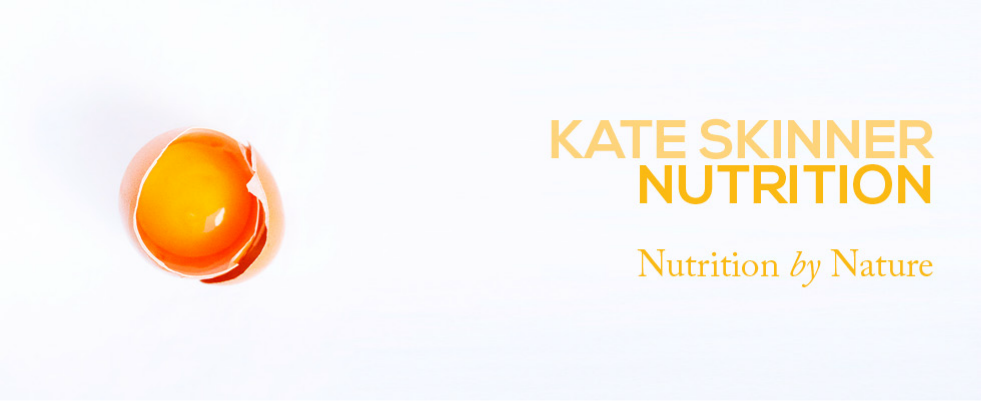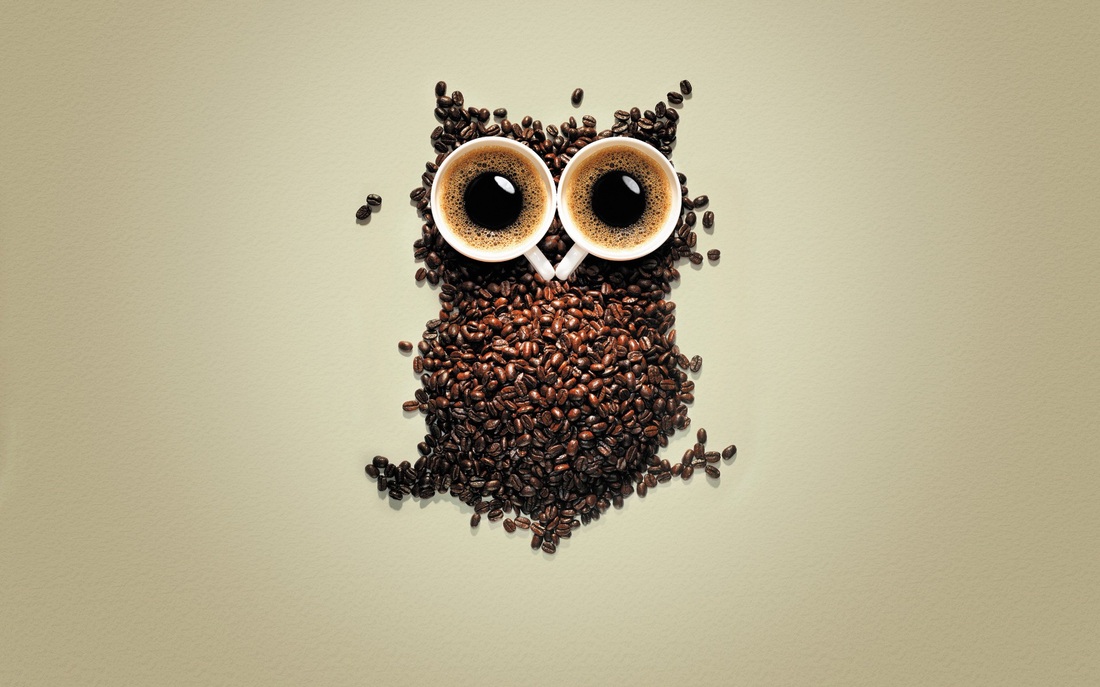|
6 Comments
Welcome to Q&A Mondays! Each Monday, I'll endeavour to answer some of the health questions sent in by readers via email, or that have been posted on the Nutrition by Nature Facebook page.
This week's questions tackle some darlings of the health food industry - quinoa, almond milk and stevia. Are they really all they're cracked up to be? Welcome to Q&A Mondays! Each Monday, I'll endeavour to answer some of the health questions sent in by readers via email, or that have been posted on the Nutrition by Nature Facebook page.
This week's questions are short but sweet, general food queries. Here goes... Welcome to Q&A Mondays! Each Monday, I'll endeavour to answer some of the health questions sent in by readers via email, or that have been posted on the Nutrition by Nature Facebook page. This week, Stuart asks via email:
The proponents of calorie restriction, and intermittent fasting state that it reduces the levels of circulating IGF-1 [Insulin-like Growth Factor 1], which gets upregulated by a "high protein" diet. The higher levels of IGF-1 apparently lead to a shorter lifespan, and increase your risk of tumour (according to animal studies anyway). A) Do you believe this is true, despite these methods going against having a high metabolism? B) Is IGF-1 secreted independently of insulin, and mainly in response to protein intake? Potatoes get such a bad rap. Nutritionally-speaking, they’re an excellent source of vitamin C, B6, thyroid-supporting carbohydrates, some usable protein, and are one of the vegetables that contain the least natural plant toxins*. What’s more, they’re an excellent vehicle for other tasty and nutritious foods – butter, salt and cheese (you think I’m kidding, but I assure you I’m not).
Some people describe their coffee-drinking as a “bad habit”, an “addiction”, something to be kicked. In truth, however, you can think of caffeine less like a "drug" and more as a therapeutic nutrient - there are real health benefits to be reaped from drinking a cup of coffee daily.
I really, really love milk. And cheese. And cream, yoghurt, custard and ice cream! But I get that not everyone enjoys (or can tolerate) dairy. Whatever your reason, the problem with not consuming dairy is that it is pretty difficult to obtain enough calcium in your diet via non-dairy sources – the calcium in vegetable foods such as broccoli, kale, dried figs and chickpeas tends to be poorly bioavailable, inadequately digested and inconvenient (you’d have to eat a truckload of figs or broccoli, which may come along with other, uh, ‘side effects’).
There are some foods I really WISH were healthy. Cherry Ripe bars are one of them! But a quick squiz at the ingredients list yields unpromising results:
Peaches are just gorgeous. Blushing, fuzzy dumplings with sweet, juicy flesh, heralding that the best of summer’s bounty has arrived. Roasting brings out their sweetness and concentrates their flavour, accented here with fragrant local honey, tangy goat’s cheese and fresh sprigs of thyme. If you like, feel free to substitute any of the wonderful variety of stone fruit that are just now coming into season (here down under!) – nectarines, apricots, black amber plums, or even cherries.
|
Kate SkinnerNutritionist, Health Writer Top postsHot topics
All
|







